Learning business in the land of entrepreneurs
日本の美を世界に届ける「KASASAGI」を率いる塚原龍雲さん
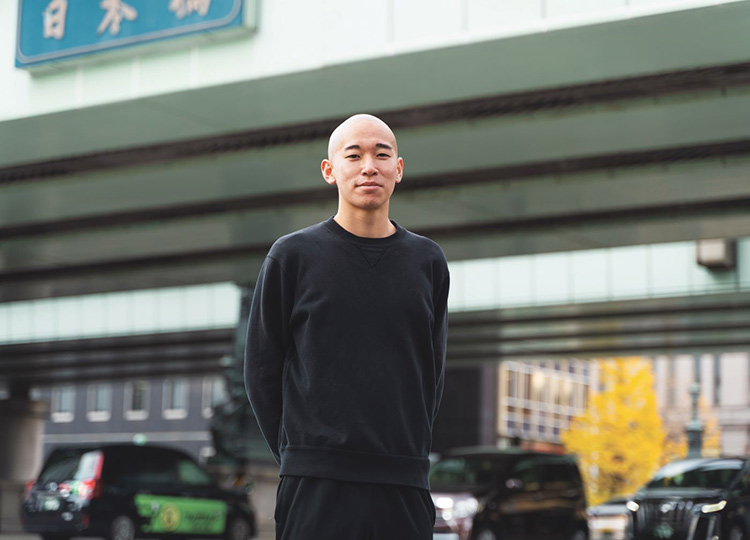
日本の美を世界に届けるスタートアップ「KASASAGI」を率いる塚原龍雲さん。グローバルな視点と伝統への敬意を持ち、日本の伝統工芸を活かした空間プロデュースやアート制作を通じて、職人技の魅力を国内外に発信している。その出発点は、高校卒業後のアメリカ留学だったという。
Ryuun Tsukahara is the epitome of the adventurous go-getter. At just 24 years old, he is the owner and operator of Kasasagi, a startup committed to captiv
既に定期購読会員の方
ログイン方法がわからない方はこちら
Learning business in the land of entrepreneurs
日本の美を世界に届ける「KASASAGI」を率いる塚原龍雲さん



プレイリスト
記事を選んでリスニング
11月15日の他記事
-
Scientists in Argentina unearth oldest tadpole, from dinosaur times
アルゼンチンの科学者ら、最古のオタマジャクシの化石を発掘
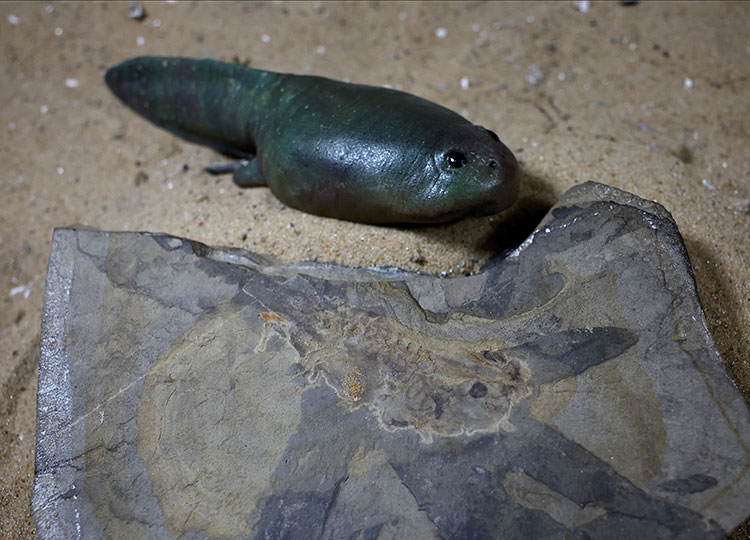
COURTESY OF RYUUN TSUKAHARA
Easy ReadingNovember 15, 2024 -
Yes, money can buy happiness
お金で幸せは買える

COURTESY OF RYUUN TSUKAHARA
EssayNovember 15, 2024 -
Learning business in the land of entrepreneurs
日本の美を世界に届ける「KASASAGI」を率いる塚原龍雲さん

COURTESY OF RYUUN TSUKAHARA
InterviewNovember 15, 2024 -
US cybersecurity chief says disinformation surge hasn’t impacted election
米選挙めぐる偽情報「前例ない量」、結果に直接影響なし

COURTESY OF RYUUN TSUKAHARA
World NewsNovember 15, 2024
-
Taking ‘touristship’ out on the high seas
一般社団法人ツーリストシップ代表理事、田中千恵子さん
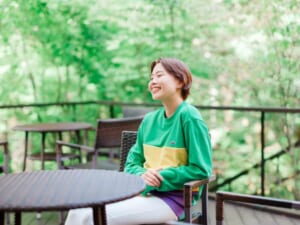
COURTESY OF CHIEKO TANAKA
InterviewApril 18, 2025 -
Shogun actor taking nothing for granted
『SHOGUN 将軍』出演の俳優、平川貴彬さん
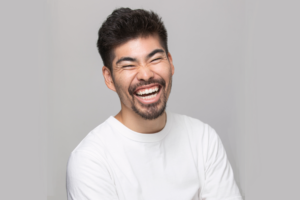
PHOTOGRAPHY BY KEN HIRAMA
InterviewApril 11, 2025 -
Fasten your seat belts, it’s time to fly high
在バンクーバー客室乗務員のRyucrewさん
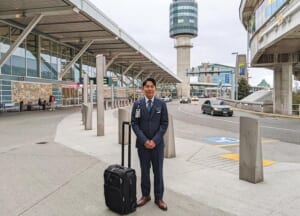
COURTESY OF RYUCREW
InterviewApril 4, 2025 -
Getting laughs in English and Japanese
英語と日本語を自在に操る落語家・立川志の春さん
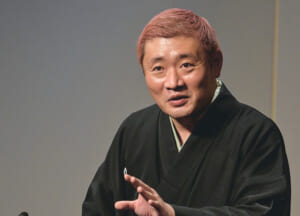
PHOTOGRAPHY BY SHINNOSUKE FUTAGAMI
InterviewMarch 28, 2025







